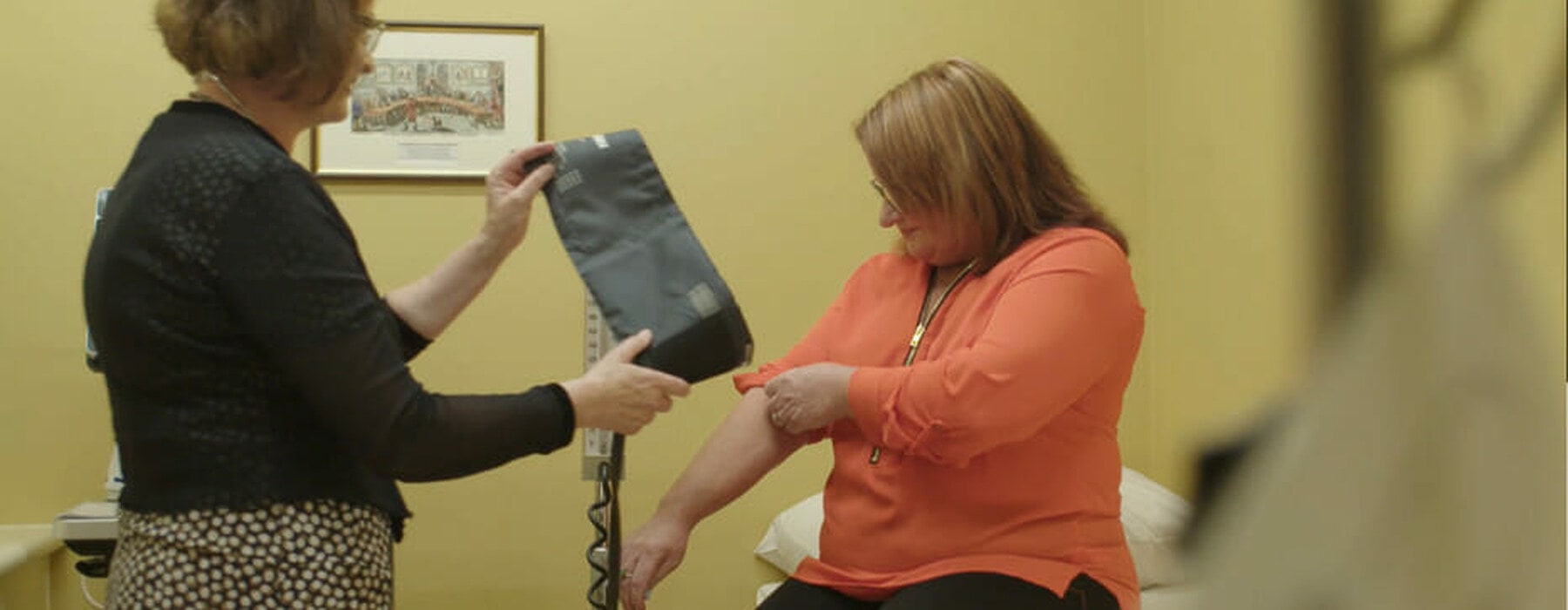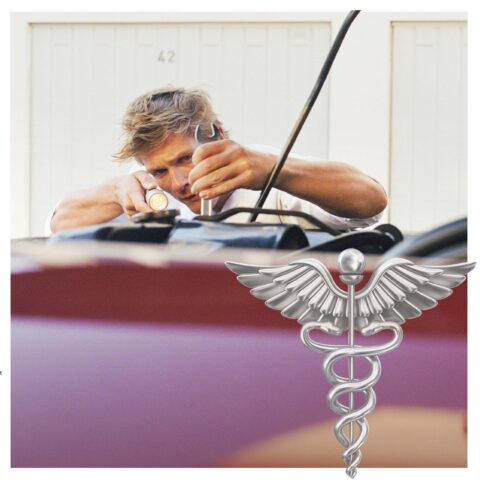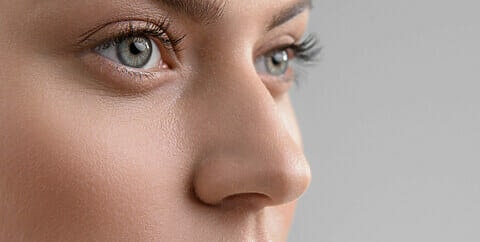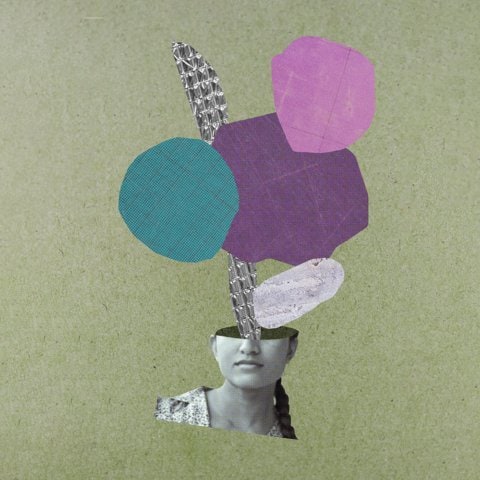We’ve come a long way from mastectomies and broad spectrum chemotherapy thanks to medical advancements and the tireless work of medical professionals like Jenni Scarlett, writes Brigid Conroy.
Breast cancer diagnosis was akin to a death sentence when Jenni Scarlet started practising as a nurse forty years ago. “There were no guarantees. We had little knowledge of the sheer scope and diversity of breast cancer, not to mention limited tools to treat and care for patients managing uncomfortable side effects.” says the senior research nurse from the Breast Cancer Research Trust.
Fast forward to today, women have personalised care, ever-improving treatment options and increased survival rates. Jenni says these advancements are all thanks to the courageous, compassionate women in New Zealand and abroad who have participated in international research trials. It is also thanks to the medical professionals, women (and men) like Jenni, who have worked tirelessly for a cure over the past 40 years.

Jenni has been working in breast cancer research for over twenty-five years. She is focused on helping coordinate local participation in international research trials through the Waikato-based Breast Cancer Research Trust that she co-founded in 2000. Jenni’s family history of breast cancer is a key driver of her commitment to search for a cure. Both Jenni’s mother and grandmother died from breast cancer. Seeing particularly her mother’s experience with treatment back in the 1980s, Jenni says she has a deeply personal reason to help save future women and their families from the same fate.
“Mothers are the heartbeat of every family, and my own experience of how breast cancer diagnosis affects not only the women diagnosed but her life partner, children and wider whānau is what ultimately motivates me to find better outcomes and options through research and clinical trials.”
Jenni feels grateful to have seen the progress unfold before her eyes and would like to shed light on the remarkable advancements to women’s health that have been made in a relatively short time. “Working with breast cancer patients, I don’t always have good news to share. But the progress made through research is worth celebrating as we continue to improve the future for the hundreds of women diagnosed with breast cancer each year.”
Looking back: How far have we come?
Sixty years ago, survival rates were bleak, and treatments were disfiguring and experimental. Today, oncology specialists can share diagnoses with patients with more confidence and hope than ever before. Before looking at the promise of future advancements, we briefly look back to see just how far we have come.
Until the 1950s, the only option for women with breast cancer was to have a (Halstead) radical mastectomy and receive the radiotherapy treatment available at the time. Treatment was a harrowing experience, leaving women, including Jenni’s grandmother, horribly disfigured. When Jenni first heard about breast cancer, it was learning about her grandmother’s diagnosis. “She never talked about it, of course, as was her vintage, but the scarring that very few people saw would have certainly left a mark on her self-image.”
From the 1950s until the 1980s, the only option for surgery in New Zealand was to receive “simple mastectomy and axillary node dissection” – removal of the breast(s) and removal of all the lymph nodes in the armpit. Jenni’s mother had this as her only option. Being diagnosed before surgery (preoperative diagnosis) did not exist, so women who presented with a breast lump went straight into the operating theatre under anaesthetic for a mastectomy and to undergo tissue diagnosis (aka frozen section), “waking up” with their breast removed if cancer was confirmed.
Before 1981, little evidence existed in favour of breast-conserving surgery for early-stage treatment as an alternative to mastectomy. Two of the first landmark clinical trials (from Italy and America) successfully proved breast-conserving surgery (followed by radiotherapy) was just as beneficial as mastectomy (we would argue more so as you still retain your lady bits).
This was the first modern-day clinical trial and led to a shift away from the more radical mastectomy surgery previously believed to be necessary for disease control. Breast-conserving surgery followed by radiotherapy is now possible for many women, with total mastectomy now mainly carried out for patients with large tumours, inflammatory breast cancer, or the return of cancer following initial breast conservation surgery.
In the mid-1990s, the mammogram arrived in New Zealand, with two pilot breast screening programmes established in Otago and Waikato, based on evidence from international clinical research trials. Thanks to advancements in care, women now have access to preoperative tissue diagnosis and are actively involved in planning their surgery. Surgical management of breast cancer is now an “elegant” operation that delicately balances medical safety with modern reconstructive principles.
The introduction of the Breast Screen Aotearoa programme in the 2000s has led to much earlier detection of breast cancers. It was also discovered that removing all the lymph nodes in the armpit was an overtreatment for many women. In 2001, surgeons across Australia and New Zealand successfully introduced sentinel node biopsy via a clinical trial, removing only a small number of lymph nodes most closely related to the cancer. This development has also helped specialists ascertain in patients if cancer cells have spread beyond the breast (indicating the possible need for further treatments such as chemotherapy). Sentinel node biopsy has also significantly reduced the side effects of surgery, including lymphoedema (arm swelling). Other clinical trials have introduced sentinel node biopsy to different types of breast cancer.
Before the early 2000s, women diagnosed with advanced breast cancer (ABC) didn’t live for very long after diagnosis. Today, thanks to modern drug treatments, women diagnosed with ABC can live for longer than ten years, which is a lot more time to spend with loved ones. ABC remains an incurable disease; however, as lives continue to be extended longer and longer, there are now rare cases of remission (including one Waikato-based novel drug trial participant going into remission for six years). Jenni says, “We are on the cusp of finding a cure for some women with ABC.”
What treatment looks like today, hope for the future.
Jenni says that today, and as we progress into the future, clinical trials are helping specialists better target treatments for each type of breast cancer. “We now know that breast cancer is an umbrella term for different types of this disease. Armed with more detailed knowledge, we can tailor treatment to the type of cancer, as well as the wishes of each woman diagnosed,” she shares.
Breast cancer treatment encompasses a wide assortment of diagnosis and treatment options beyond these, from imaging modalities, targeted hormonal therapies and targeted novel drug treatments, e.g. immunotherapy, and improvements in radiation targeting. As technology develops, specialised laboratory tests (genomic assays) can examine multiple aspects of a tumour. The results help guide oncology specialists with a clearer picture of which patients will be more likely to benefit from treatments such as chemotherapy and radiotherapy versus those that may not benefit.
Jenni says that research is focused on reducing treatment side effects, improving communication and overall quality of life. “We must continue to strive toward a future where one day we hope to be able to cure more (if not all) breast cancers and have no treatment side effects.”
Breast Cancer Research Trust members are working in partnership with the Breast Cancer Foundation NZ to introduce a new electronic patient-reported outcomes (PRO) technology to New Zealand. This involves women with advanced breast cancer (ABC) completing weekly online surveys about common symptoms of advanced breast cancer and side effects associated with treatments. The survey responses are then emailed to an ABC nurse, who uses the answers to assist patients in better managing symptoms and side effects from home between regular clinic visits. If the symptoms are severe enough or require further investigation, they are brought to the immediate attention of the treating oncologists. Jenni shares that “with this kind of help, women are more able to stay on treatments, and we hope that their quality of life is significantly improved.”
The search for a cure continues.
Jenni says that the number of women who die from breast cancer each year (600-700) is significantly higher than our road toll, so there is still plenty of work to be done to continue the search for a cure. She says that women’s participation in clinical research trials advances our knowledge of breast cancer, helps us discover best-practice treatments, and gets patient outcomes we all desperately hope for. “Research is the best weapon we have to fight breast cancer. Results all contribute to extending women’s lives – our whaea, grandmothers, mothers, aunties, daughters, and friends. The most common reason women give Jenni and her colleagues for taking part in a clinical trial is that they want the knowledge gained for future generations.” And for Jenni, the courage of these women is inspiration enough to continue this work.
About Breast Cancer Research Trust
The Waikato-based Breast Cancer Research Trust improves patient outcomes through evidence-based breast cancer research. The work of the Trust enables local coordination of local and international research trials, which focus on using the latest research advances to prevent and cure breast cancer. He whakapai ake te mate ūtaetae i te mahi rangahau. breastcancerresearch.org.nz
Related article: Rebecca’s Story, Breast Cancer In New Zealand








